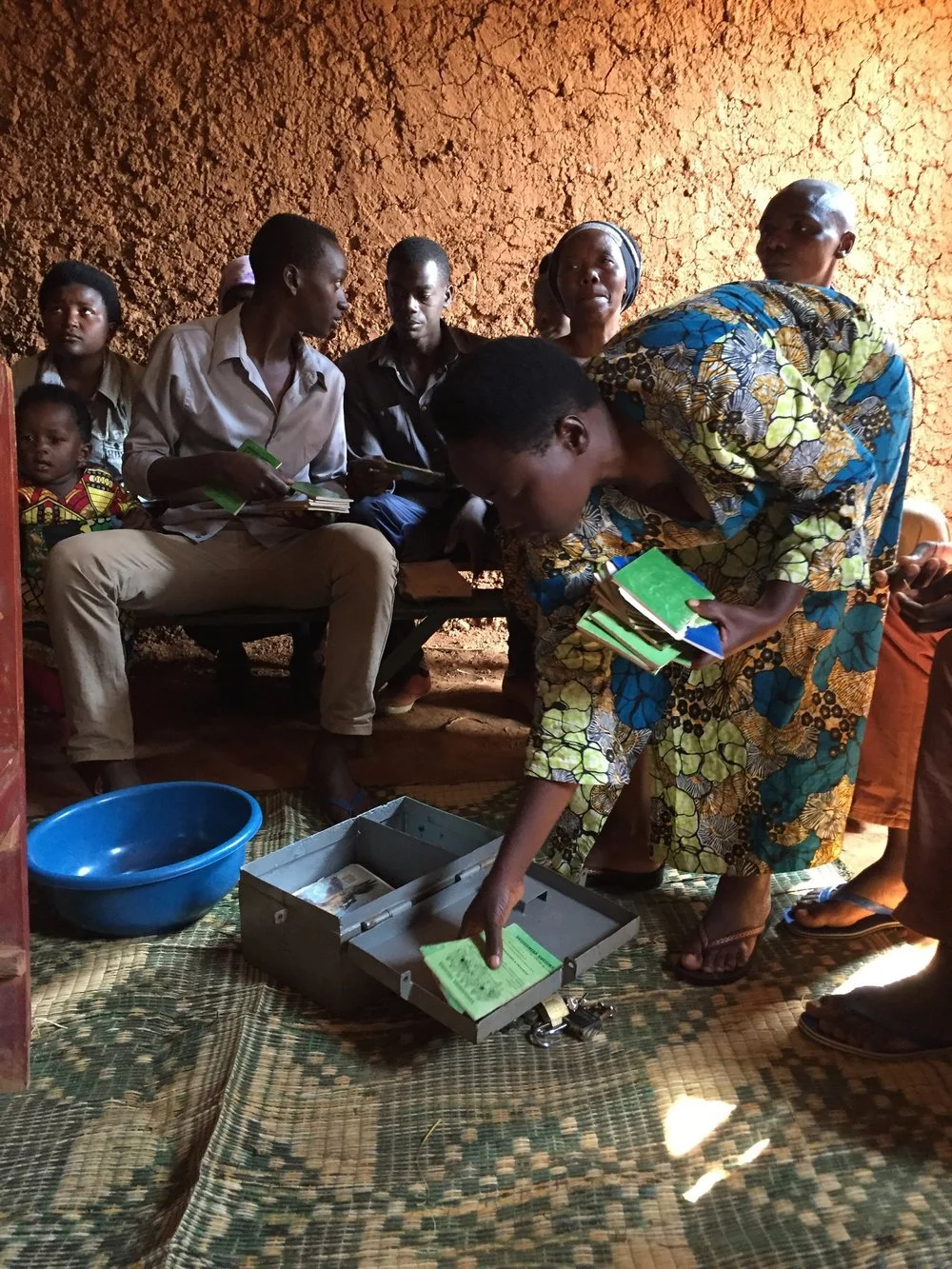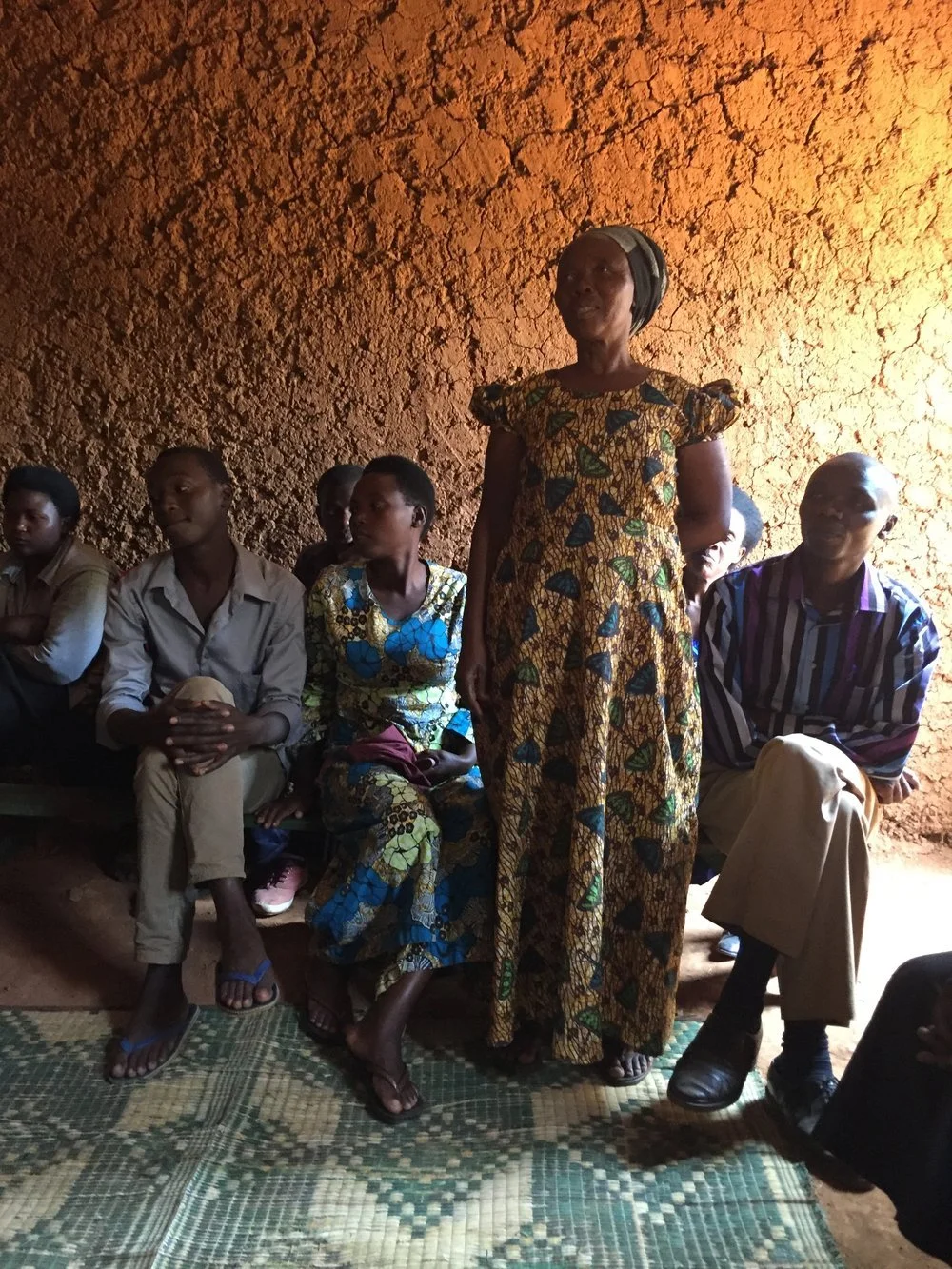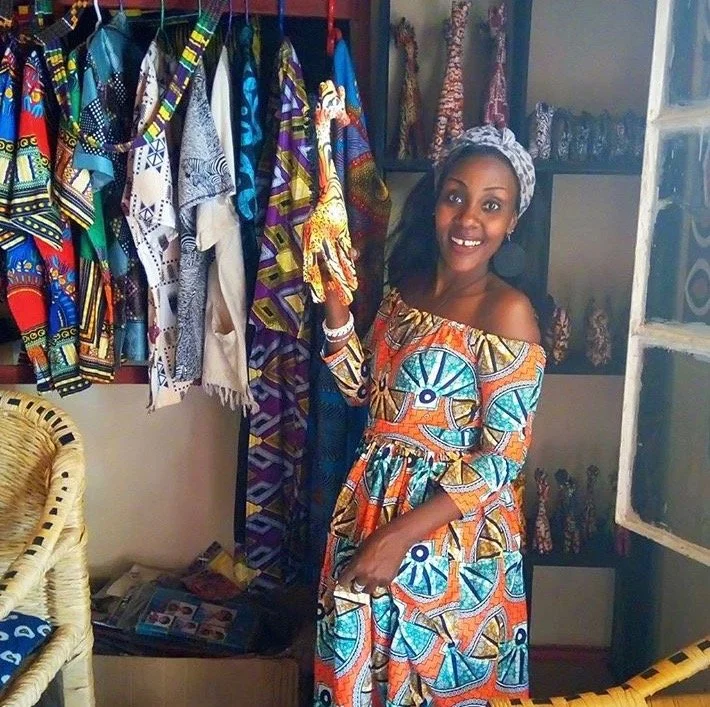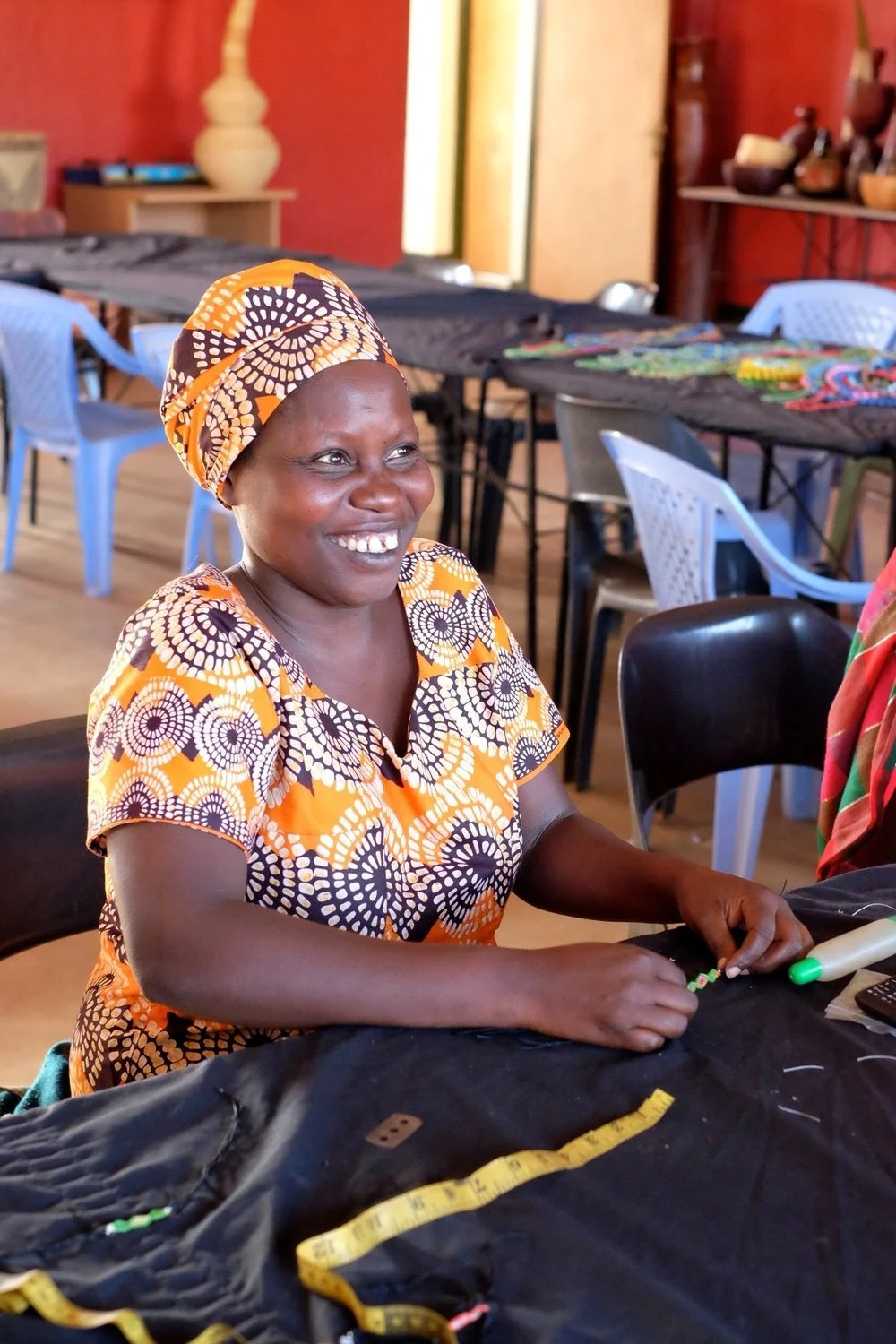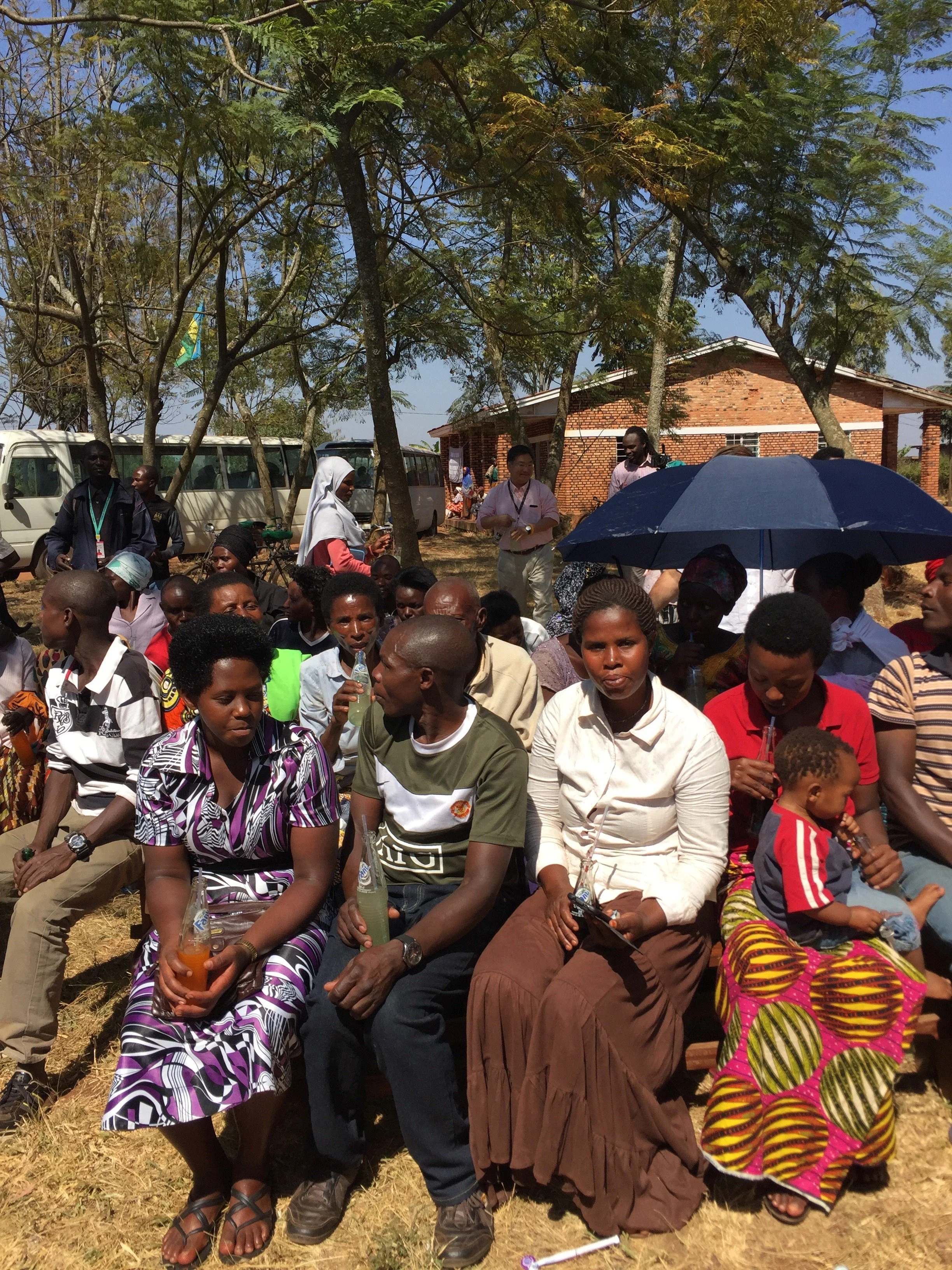Hope in Rwanda, Africa
Rwanda, Africa is known as the land of a thousand hills. But perhaps it is most known for the terrible genocide in 1994 when over 800,000 people were murdered by their friends and neighbors after being convinced by the corrupt government (through propaganda), that one tribe was superior to another. One cannot visit Rwanda without hearing the stories from survivors of how they lost entire families, their businesses, and their dignity. Many of the people fled to nearby African countries until they were able to return, sometimes as long as ten years later. Many of these survivors have learned to forgive those who destroyed their lives, and some even live in the same neighborhoods as those who murdered their families. These survivors and their children have grown to embrace a new nation that is achieving amazing progress in business, infrastructure, farming, health care, and government.
I was particularly interested in seeing the successful effects of microfinance in Rwanda that has affected many thousands of people who have skills, knowledge and willingness to work hard to provide for their families. Hope International, a Christian microfinance program in the United States, is very close to my heart. The president of Hope, Peter Greer has a passion for poor people that is unlike any I’ve ever known. He and Phil Smith authored the book, The Poor Will Be Glad, and it was from this book that I became aware of the positive results from giving small loans to poor people so they can run their own businesses, buy a home, send their children to school, and accomplish many other things to improve their lives.
I met a group of Americans who were associated with Hope International in June 2016 in Kigali, Rwanda. It was there that we heard from Peter and the Hope staff how the people in Rwanda were benefiting from their loan programs and savings programs with Urwego Bank, a subsidiary of Hope. About 80 percent of the members in Rwanda who receive loans are women. However, we were able to visit with many women and men of Kigali and nearby provinces to listen to their stories and see their places of business.
Many of the people receiving their loans through Hope and Urwego Bank in Rwanda learn about Hope from their church friends. They are placed into groups that meet weekly or bi-weekly to read the Bible, pray, and pay their individual required loan payment with interest to Hope. Most of them had received loans from Hope equivalent to $50-100 American dollars. Some of their businesses we learned about included small grocery stores, milk from cows they have purchased, land for farming, plants for farming, barbeque stands, food stalls, sewing, craft-making, and bicycle taxis.
The most heart-wrenching story we heard was from a woman in Kigali named Biata. She survived the genocide in 1994 after watching her husband, two small children, and the baby strapped to her back murdered. The killers stabbed her shoulders and left her for dead. After four days of lying in her home, she was able to escape. Today she has a very successful craft business formed from the loans she received from Urwego Bank. She has four employees, and sometimes employs up to ten people to make goods for selling in the markets. After hearing her tearful story, which caused us all to cry, we were able to purchase some of her crafts.
We also spent a day visiting people who were in savings groups formed through Urwego Bank. We were driven along dusty roads to a church building high on a hill where 800 people from the village worship. We met nearly 50 people who were there for their weekly savings meeting. After Bible reading and prayer they were each given their savings booklet which recorded their transactions each week. They are all required to contribute at least 200 Francs (25 cents) into their own personal savings account, and it is put into a bucket on the floor to show the group their payment. Some contributed as much as 5,000 Francs ($6). After each member is accounted for and has made his or her savings payment, the leader asks if anyone has a request for a loan from the group for that week.
One woman, named Grace had submitted her request the previous week, and she was given a loan from the group of 20,000 Francs ($25) so she could buy tomato plants and seeds to start a garden and sell tomatoes. Her request was accepted, and she received her loan at that meeting. Emmanuel told us that he had saved enough money to pay for his wedding. After earning more money and saving, he hired a teacher to teach him English. Noel, who is twenty years old, bought a bicycle with his loan and he transports people around the village. He also bought ten sheets of tin to put a roof on his house. An older woman, named Specials grows vegetables to sell. She is a widow with two children, and she also raises seven orphans. The savings group helps her provide food for the children, and she gives credit to God for her good health to provide for these children.
I could write on and on about the people I met in Rwanda who have benefited from Hope and Urwego Bank. The stories were sometimes heart-wrenching, but the strength of these Rwandans and their desire to work and provide for their families was so admirable. Many of them have so little but are so thankful for the opportunities they have been given through microloans which give them pride and confidence to work. We met many Rwandans that have bachelor and master’s college degrees who have committed themselves to helping the people of Rwanda make a sustainable living and become educated. Many of them work for Hope and Urwego Bank.
I have returned to Rwanda several times, teaching cooking to women who are part of micro finance groups, as well as several women who work at Urwego Bank. I have also taught cooking lessons at Hope Haven Rwanda, a school in the village of Murindi, where nearly 1000 impoverished children from around the country are educated. Hope Haven is also dear to my heart, and each year I donate my “Around The World” dinners at their fundraiser in Denver, Colorado. To date, I have helped raise over $250.000 for this wonderful school.
It is always a humbling experience when I visit the land of a thousand hills. I now know there are hundreds of thousands of people who have learned to forgive, return to their homeland, start new families, begin new businesses, accept curious tourists, and smile with pride in a country the world should see as a role model. As many Rwandans say, “God is busy with the world during the day, but he sleeps in Rwanda”.






